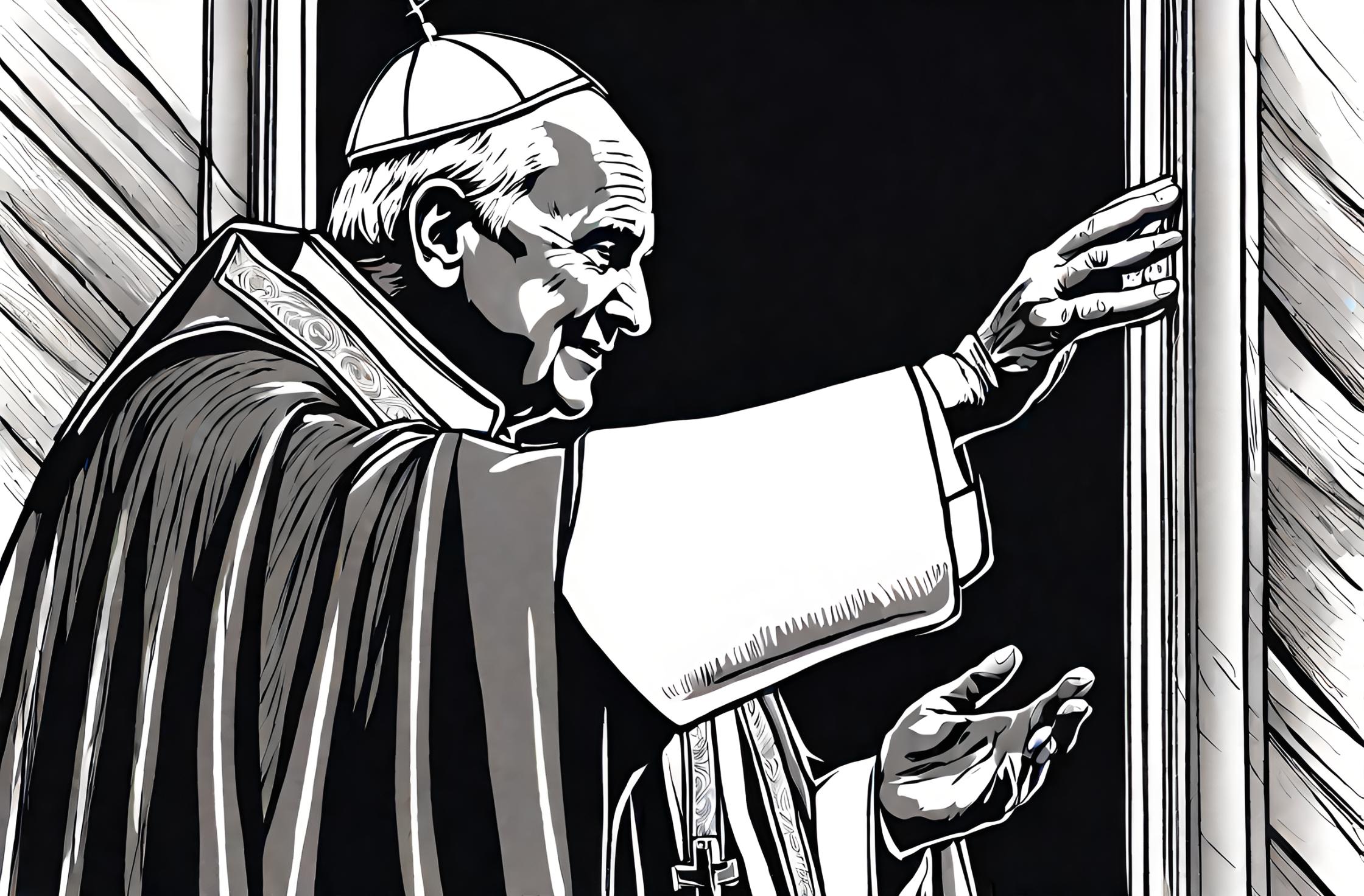Flashback to December 27
World History

The culture of the Enlightenment Age was characterized by the thirst for knowledge and the promotion of intellectual exchange. Among the figures who significantly influenced this era, Claude A Helvétius, a renowned French encyclopedist, stands out. His work embodied the spirit of the Enlightenment, leading to his tribute being part of the titles of his works, notably “L’Esprit.” However, on December 26, 1771, the intellectual community lost a gem when Helvétius passed away at the age of 56.
Helvétius was an outstanding figure and a significant contributing factor to the growth and development of encyclopedism in France. His definitive work, “L’Esprit,” exuded not just his knowledge but also his philosophical stands. The death of Helvétius left an indelible mark on the intellectual community that resonates up to this day and age.
December 26, 1771, marked the end of an era. The demise of Claude A Helvétius left a significant gap in France’s intellectual culture. Being an eminent encyclopedist, his perspicacious works had been pivotal contributions to the Enlightenment era. In his lifetime, he was a prominent advocate of intellectual exploration and education expansion. His passing at the age of 56 left a profound trace, signifying the end of an age and the beginning of a new era that valorized his contributions to knowledge and philosophy.
In the comprehensive study of French encyclopedists, Helvétius’ works possess a crucial place. Particularly, “L’Esprit” stands as a testament to his innovative thinking and intellectual prowess. In this masterpiece, Helvétius showcased his philosophical views that continue to form an integral part of cultural and philosophical studies. Through “L’Esprit,” we see the mindset of Helvétius as an encyclopedist — a mind that was far ahead of its time.
The life and works of Helvétius conclude an integral chapter in the study of Enlightenment Age philosophy, and the influence of his philosophical explorations is of significant magnitude. Driven by an insatiable desire for knowledge, he spent his formative years engrossed in intellectual pursuits. This spirit later found its way into his renowned work, “L’Esprit,” establishing him as one of France’s acclaimed philosophers and encyclopedists.
The death of Claude A Helvétius on December 26, 1771, marks a significant point in the chronology of Enlightenment study. Despite leaving us at a relatively early age of 56, Helvétius had indeed left a profound legacy. His ideologies have proven to be timeless, permeating through the ages and inspiring critical thinking.
The significance of Helvétius’ death extends beyond the boundaries of France, signifying a loss to the global intellectual community. The fateful day in 1771 marks the end of Helvétius’ contributions to the ongoing pursuit of knowledge and the initiation of the perpetuation of his legacy. Today, his ideologies continue to influence philosophical discourse globally and remind us of the indomitable spirit of intellectual exploration that he embodied.
the life and death of Claude A Helvétius remain monumental in the study of Enlightenment Age philosophy and French encyclopedism. His masterly crafted works, such as “L’Esprit,” encapsulate the essence of the era and offer valuable insights into the mind of this remarkable philosopher. As we pause to mark the passing of this enlightened mind on December 26, 1771, we remember his impactful contributions and remember his legacy that continues to inspire intellectual explorations to this day.
Though Helvétius may have left us physically, his intellectual spirit lives on. His ideas continue to resonate, serving as beacons of knowledge in an ever-evolving world. Despite his death, the echoes of his teachings and the influence of his work serve as timeless testimonials to his life and contributions as an outstanding French encyclopedist. His legacy, shaped by his life and philosophies, continues to shape the intellectual landscape not only in France but worldwide, earning his rightful place in the annals of intellectual history.
We strive for accuracy. If you see something that doesn't look right, click here to contact us!
Sponsored Content

Pope John Paul II…
"Pope John Paul II…

Taliban forces retake the…
"On December 27, 1996,…

England and Portugal sign…
On December 27, 1703,…

USSR performs nuclear test…
On December 27, 1987,…

John Pijnas Dutch painter,…
Renowned Dutch painter, John…

Indonesian National Revolution: Queen…
"Marking a historical event…

